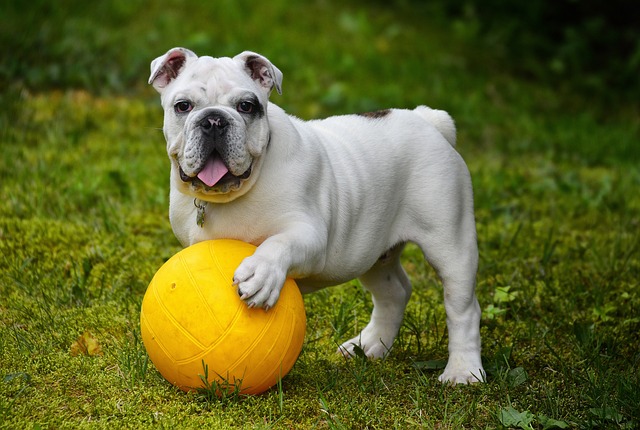
How do i train my dog to be obedient?
Watching your dog dart across the park ignoring your calls isn’t just frustrating—it can put them at risk near busy streets or public spaces.
You’ve just unrolled that gorgeous new West Elm rug when your rescue Beagle, Charlie, squats right in the center – again. If you’re apartment-bound in Chicago or facing icy Minnesota winters, you might wonder: Can dogs really learn reliable bathroom habits at home? Absolutely. The secret lies in aligning training with canine instincts. Dogs naturally avoid soiling their dens, but your studio apartment won’t register as "den" without clear guidance. Puppies under 6 months lack bladder control (holding time ≈ age in months +1), while adult dogs need consistent routines. Success demands understanding biology, not punishment.
First, rule out health issues. Sudden accidents in a previously trained dog? Rush to your vet. Urinary tract infections (especially common in female dogs), diabetes, or parasites like giardia could be sabotaging progress. Once cleared, become a supervision ninja. Use a crate sized like a cozy den – just enough room for Charlie to stand, turn, and sleep – during work hours. When home, leash him to your waist. Spot the "I need to go" dance: frantic circling near your Brooklyn apartment door, whining, or abrupt sniffing. That’s your cue! Swiftly guide him to his designated spot – whether a pee pad station by the balcony or a curb patch downstairs. The magic happens during the act: As he squats, cheer "Go potty!" and deliver a high-value treat (think diced hot dog) mid-stream. This instant reward hardwires the location-action-payoff link. Never scold for accidents discovered later. Science shows dogs can’t connect delayed anger to past actions – it only creates fear of you, not understanding. Modern animal welfare laws in California and the EU’s strict anti-cruelty directives explicitly condemn physical corrections, making positive reinforcement housebreaking the gold standard.

Consistency transforms hope into habit. Puppies need trips upon waking, 15 minutes post-meals, after naps, and every 90 minutes. Adult dogs thrive on predictability – critical for high-rise dwellers facing elevator waits. Always use the same outdoor patch or indoor dog potty solutions like artificial grass trays. For unavoidable indoor use (monsoon season in Seattle, 20th-floor living), place pads far from food/water bowls. Clean accidents immediately with an enzymatic urine eliminator. Standard cleaners leave ammonia traces that shout "bathroom here!" to dogs. Brands like Angry Orange obliterate odor molecules completely – skip vinegar or bleach that mask smells humans can’t detect.
Public responsibility anchors home training. When Charlie succeeds outside, always carry compostable bags. Scooping isn’t just polite; it’s legally enforced from London’s royal parks to San Francisco sidewalks (fines up to $320!). Pre-walk rituals matter: Ensure rabies vaccines and local licenses (required in cities like Austin) are current. Use a leash until reaching designated off-leash zones like Denver’s Cherry Creek State Park. Remember, setbacks mean tightening supervision – never assume "he knows better." Frustration is normal, but isolation or yelling violates ethical norms. Celebrate outdoor wins like he hit a grand slam, invest in that enzymatic cleaner, and soon your home – and sanity – will stay fresh.

Watching your dog dart across the park ignoring your calls isn’t just frustrating—it can put them at risk near busy streets or public spaces.

New puppy owners often find themselves rushing to clean up accidents before they set in, and that’s where puppy pad training becomes a game-changer.

If you've noticed your dog's waistline disappearing and your veterinarian has mentioned those few extra pounds, your first instinct might be to simply reduce the amount of food in their bowl.

Training a dog to use a designated spot indoors isn’t as daunting as many new owners fear, but it does take consistency and an understanding of your pet’s needs.

That moment of dread on a walk is all too familiar for many new dog owners. You see another dog approaching down the sidewalk of your neighborhood

If the sight of another dog on your neighborhood walk makes your heart sink as your own dog erupts into a frenzy of barking and lunging, you're not alone.